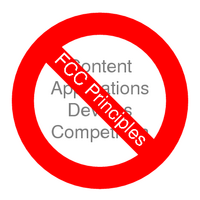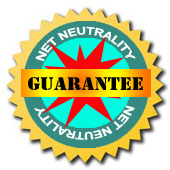 Transparency via memo leak?
Transparency via memo leak?
Metered Internet access is a fact of life for many broadband users around the world, but has been largely a nonfactor when it comes to wired broadband in the US. That may change, according to a memo leaked to the Broadband Reports forums. If the memo is to be believed, Time Warner Cable will be rolling out what it calls "Consumption Based Billing" on a trial basis in the Beaumont, Texas area.If the memo is legitimate, it’s good that Time Warner is going for more transparency. Although if they want transparency, why don’t they just come out and announce what they’re doing? Continue readingUnder the proposed scheme, new customers will be able to choose from a couple of different plans with varying bandwidth caps. They'll be given online tools to monitor usage and will be able to upgrade to the next higher tier of service to avoid charges for exceeding their monthly bandwidth limit. If the trial works well, Time Warner would then roll out bandwidth caps to current customers: "We will use the results of the trial to evaluate results for possible future nationwide rollouts," reads the memo.
Bandwidth caps have been a sore subject for some users who have found themselves bumping into mysterious, undefined limits. This past fall, a number of Comcast subscribers complained that their service was cut off after having reached Comcast's bandwidth limit.
— Leaked memo: Time Warner Cable to trial hard bandwidth caps, By Eric Bangeman, ars technica, January 16, 2008 – 04:12PM CT








